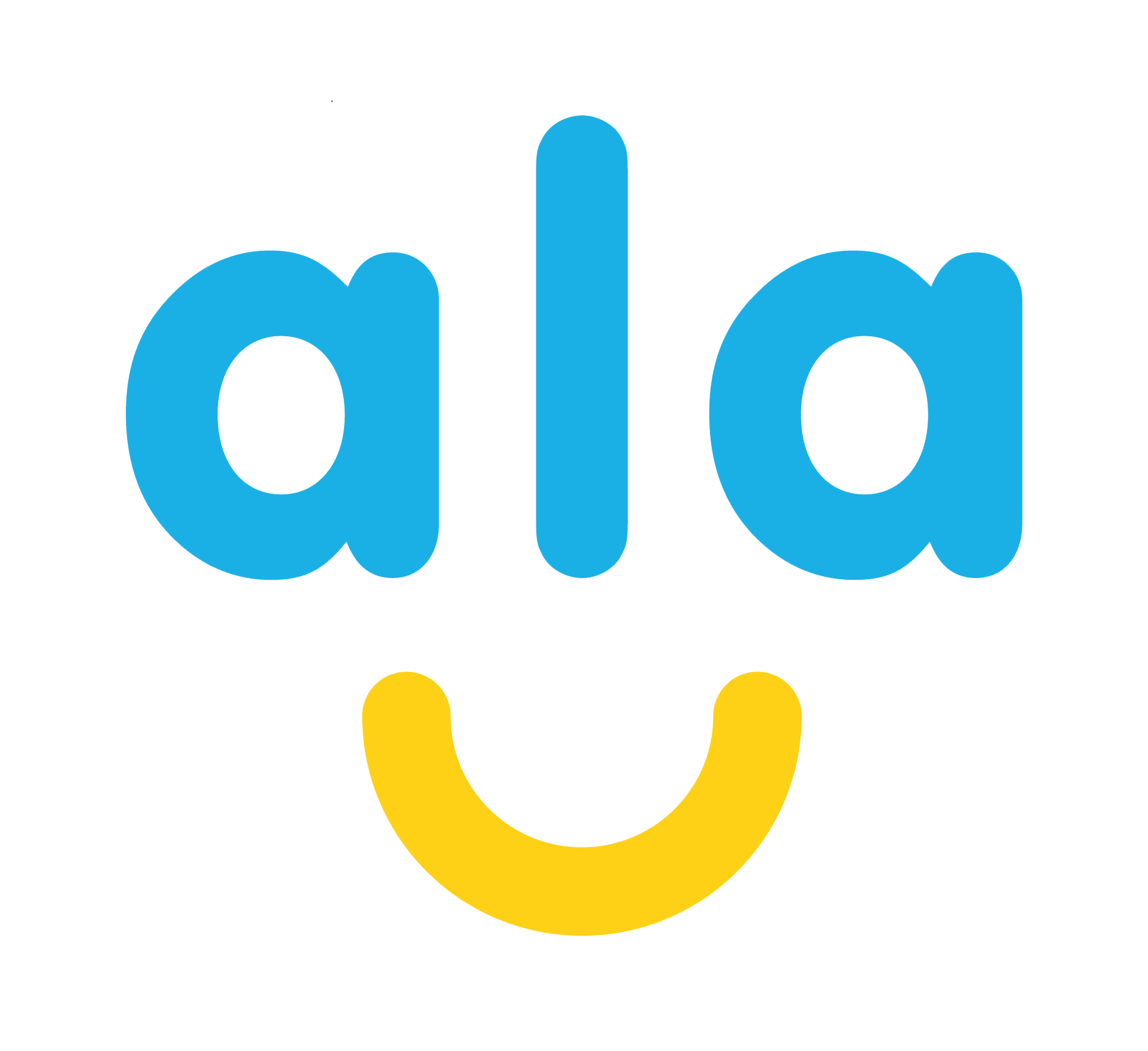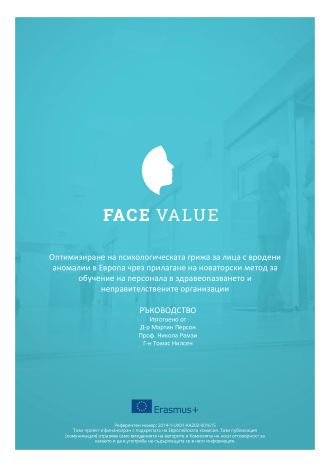
Face Value
Optimizing psychosocial care for individuals with congenital disorders in Europe through the implementation of an innovative training method for healthcare and NGO personnel.
Many European countries lack adequate training to prepare health care professionals to provide psychosocial support to families affected by visible deformities. Families who have to deal with a range of challenges, including inadvertent marginalisation and/or social exclusion.
A team of psycho-social experts (UK), pedagogical experts in the field of vocational training in accordance with the European Qualifications Framework (Norway), together with hospitals providing care to people with visible differences (Serbia, Turkey) and NGOs (Bulgaria and the Netherlands) are developing a training course “Face Value” in order to overcome these problems.
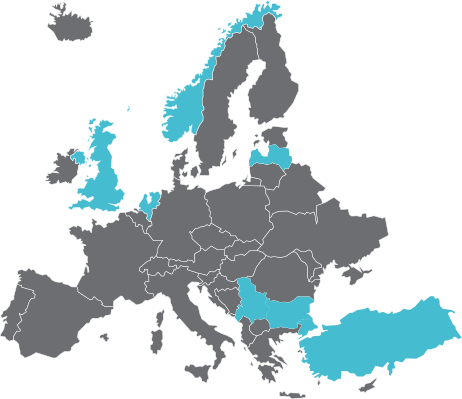

Innovative Health Educational Module
Optimizing psychosocial care for individuals with congenital disorders in Europe through the implementation of an innovative training method for healthcare and NGO personnel.
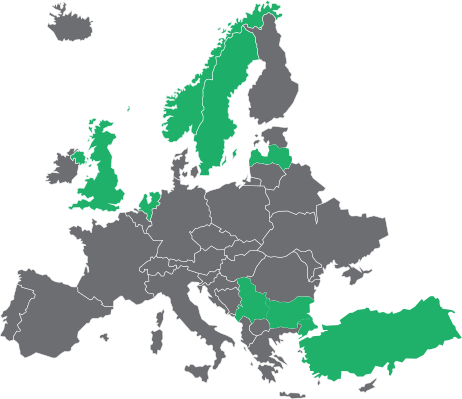
In Europe, 1 in 40 pregnancies is affected by birth defects that can lead to medical, social and/or psychological disabilities throughout the life of affected individuals and their families. When it comes to children with disabilities, there are often negative consequences in their education, which can have a detrimental impact on their future.
There is currently a lack of adequate psychosocial training for many health professionals in Europe to address medical and curative aspects that may affect educational attainment. The consequences for those individuals with congenital anomalies are that they become inadvertently marginalised in the educational environment in Europe, which significantly increases the risk of social exclusion throughout their lives.

Early Care Training Programme
Development of a training program on early care for healthcare professionals working with children born with orofacial clefts and/or craniofacial conditions.
The aim is to develop a targeted training package for health professionals working with children born with orofacial fissures that will give them the knowledge and skills to make an accurate diagnosis, provide advice on early feeding and carry out an assessment, provide appropriate information and support to the family, and create a structured pathway for the care of children with orofacial fissures in the first months.
Individuals born with orofacial cleft occur in every European country, in every ethnicity and socioeconomic status. At the same time, it is recognised at European level that health professionals do not have sufficient resources or training to meet demand. The implementation of a transnational training project is therefore of paramount importance. The partners will work together to develop a culturally adapted European training project that can be implemented even in partner countries with limited resources. The aim is for the people affected in different European countries to receive the same provision of care, which should be a fundamental European right.
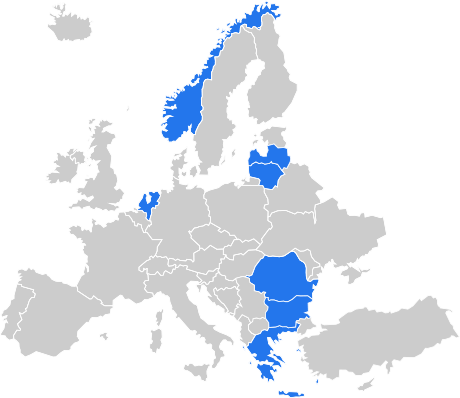

Cutting Edge Training
Optimizing medical outcomes in patients undergoing appearance-altering procedures through innovative training of healthcare professionals.
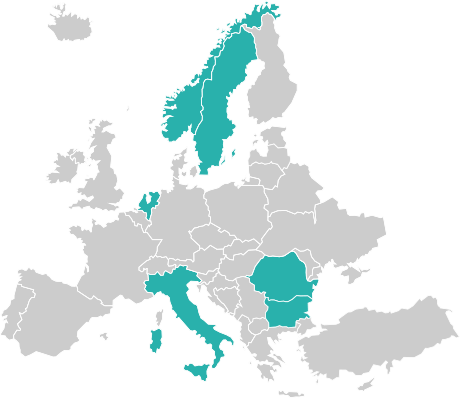
Optimizing medical outcomes in patients undergoing appearance modification procedures through innovative training of healthcare professionals
There is a significant need to develop high-quality VET (Professional Education and Training), based on professional activity, in the healthcare sector specializing in the care of patients undergoing appearance modification procedures that lead to scarring and changes in body shape. Examples are cancer, burns, loss of limbs, mastectomy, plastic surgery and birth defects. During treatment, patients find it difficult to cope with their changed appearance or have unrealistic expectations about treatment.
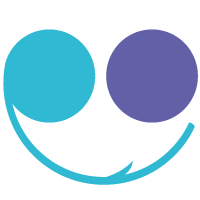
Speech, Communication and Resilience (SCR4Cleft)
The project consortium includes participants from the fields of research, healthcare, and vocational education and training (VET), along with an international non-governmental organization (NGO), ensuring a high level of diversity and complementary expertise.
Approximately 900,000 people in Europe are affected by cleft lip and palate.
The family environment plays a key role in children’s adaptation, with parents being crucial to their development and their ability to overcome speech and communication difficulties. However, parents often lack access to specialized information and guidance. Care for these children varies greatly across Europe, and multidisciplinary support is available to only a few.
The project consortium brings together experts in research, healthcare, education, and NGOs, with diverse and complementary experience.
The coordinator (Netherlands) is a specialized NGO with European-level expertise. Partners from Norway, Ireland, Bulgaria, Estonia, Italy, Malta, Romania, and Serbia contribute expertise in psychology, speech disorders, and multidisciplinary care.

